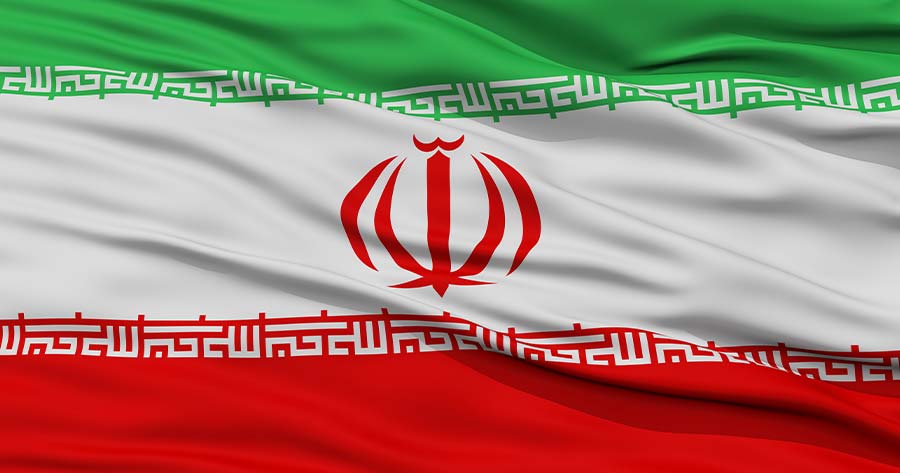U.S. military actions against multiple Iranian nuclear facilities have intensified the ongoing conflict in the Middle East. This escalation prompted Tehran to block essential oil and gas exports from the region, potentially leading to a steep increase in global energy prices.
Iran’s Parliament has mandated the closure of the Strait of Hormuz, a strategic waterway between Iran and Oman that facilitates approximately 20% of the world’s oil and gas trade. If the strait is closed, it could cause a significant spike in energy costs. The move awaits confirmation from Iran’s Supreme Council before taking effect.
President Donald Trump announced on Saturday that the United States had launched strikes on Iran’s nuclear sites, thrusting the nation into the conflict between Israel and its long-standing adversary.
U.S. military forces targeted Iran’s key nuclear installations at Natanz, Isfahan, and Fordow. In a coordinated attack, U.S. Navy submarines fired over 30 Tomahawk missiles into Iranian targets, according to two defense officials speaking to NBC News.
Following extensive discussions and ahead of his own deadline, Trump’s move to align with Israel in its military campaign against Iran signifies a significant intensification of tensions in the region. Saudi Arabia’s nuclear agency reported no signs of radioactive contamination in Saudi Arabia or neighboring Arab Gulf countries as a result of the U.S. attacks on Iran’s nuclear sites, as stated on X on Sunday.




